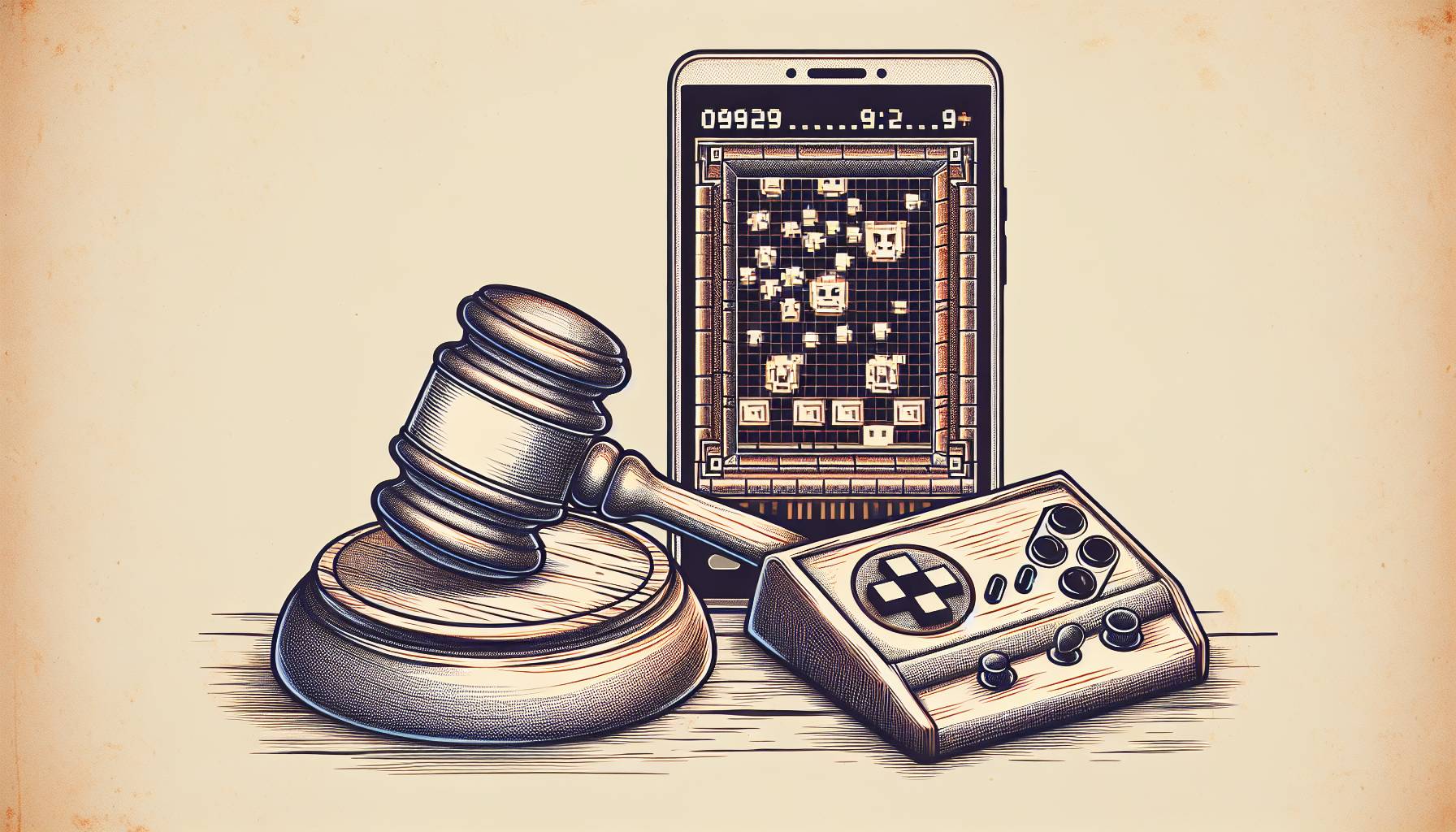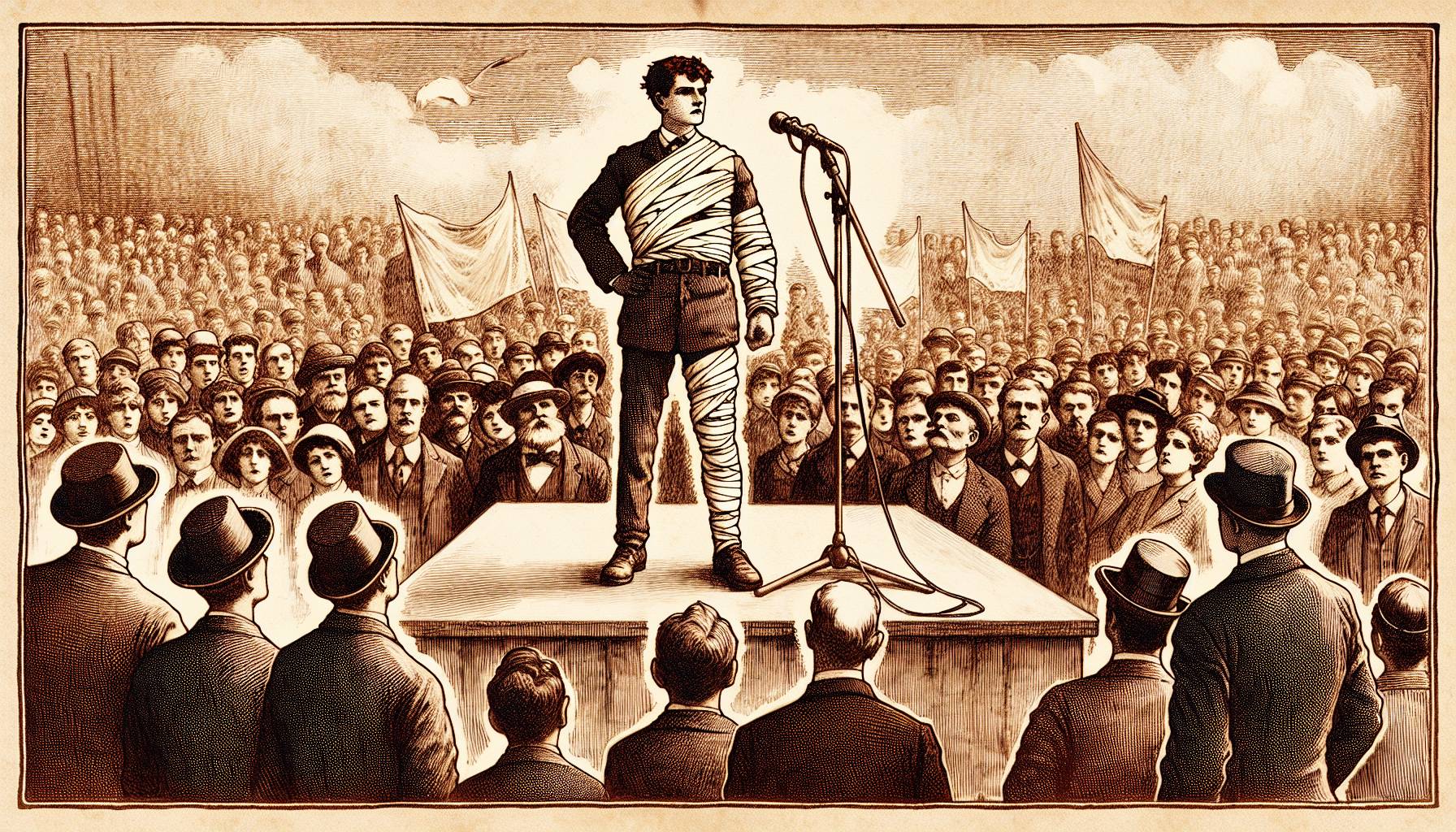Motorola (MMI) had a commercial for its Xoom tablet. Sony (SNE) finally debuted its Xperia Play. They were huge pieces of technology from huge companies that exploited the massive TV-viewing event that is the Super Bowl. And there was one other big push for the mobile market at the Super Bowl on Sunday — Angry Birds had a secret ad that’s been burning up the tech news sites.
Hidden behind a monkey in Fox’s ad for the upcoming CGI animated feature Rio was a code to access a Super Bowl level in Angry Birds. Rovio Mobile also added 15 new stages in an update.
It’s not so crazy that Angry Birds made it into a Super Bowl ad — well, okay, it’s a little bit crazy — but considering the company that the secret ad kept, it points to some remarkable developments. Fox seems to see so much potential in mobile gaming and the mobile platform in general, that it wants to share Rio’s spotlight with Angry Birds; in fact, it wants to engage players in as strong a way as possible, hence the treasure hunt for in-game goodies. This alongside Sony Ericsson’s big gaming mobile push in the Play and Motorola’s hopeful iPad killer tablet; kind of a big deal.
Video game tie-ins happen, but what’s happening with Angry Birds is something else. For one, even a few frames worth of face-time on a Super Bowl ad is a big deal, and the cost if insane. There’s a good reason for it, since the Super Bowl always ranks as the most-watched TV of the year (this year, Foursquare let users “check in” to “Super Bowl Sunday” and it easily garnered the most attendance of anything the service has offered before). Add in the coverage of the Angry Birds code found in the ad (13-12, if you missed it) after the fact and Rio got all kinds of attention from one commercial. That’s to say nothing of Angry Birds itself.
We all know Angry Birds is a hit. It remains at the top of the iTunes App Store’s best-seller charts. There are Angry Birds toys and several Angry Birds games. Last I heard, the game had been bought and downloaded some 60 million times.
But what’s important is that it’s not a hit in the vacuum of the mobile world, like just about any other game on the platform. And it’s not just a hit in the video game world, either, which occasionally strays into other markets (producing horrific film adaptations, some action figures or LEGO toys, novelizations and the once-a-year collector’s Slurpee cup or Mountain Dew can). But here’s the difference with Angry Birds: Fox and Rio want a piece of it and not the other way around. This isn’t a case of, “hey, a new Halo game is coming out, let’s cross-market with Mountain Dew.” This is an Angry Birds secret stealing the show from a Rio commercial at the Super Bowl.
A week or two ago, Rovio and Fox announced Angry Birds Rio, a new game tied-in with the film, but Rovio has been careful to make the distinction on its Twitter feed: this isn’t a Rio game, it’s an Angry Birds game, with Rio along for the ride. The Angry Birds part is out front.
It’s not just that Angry Birds is a runaway success; there are have been games that have been successful before. But consider this: while huge console games like Tomb Raider might get a film adaptation, what they rarely get is respect. Halo gets Mountain Dew cans, World of Warcraft gets Slurpee cups, Call of Duty gets a massive ad campaign. Zynga threw in its marketing lot for FarmVille (with even more players than Angry Birds) with 7-11.
Meanwhile, Fox seems to be doing what it can to keep Rovio happy. Angry Birds Rio, not Rio: Angry Birds. I’m not saying this is a changing of the guard as far as how video games are treated by other markets, other media and society at large — but as a gamer, it’s nice to think that could happen. At the very least, Angry Birds is blazing some in-roads in that regard, and it’s showing that a great idea and respect for a community is way more important than advertising dollars and cash-in film adaptations.












